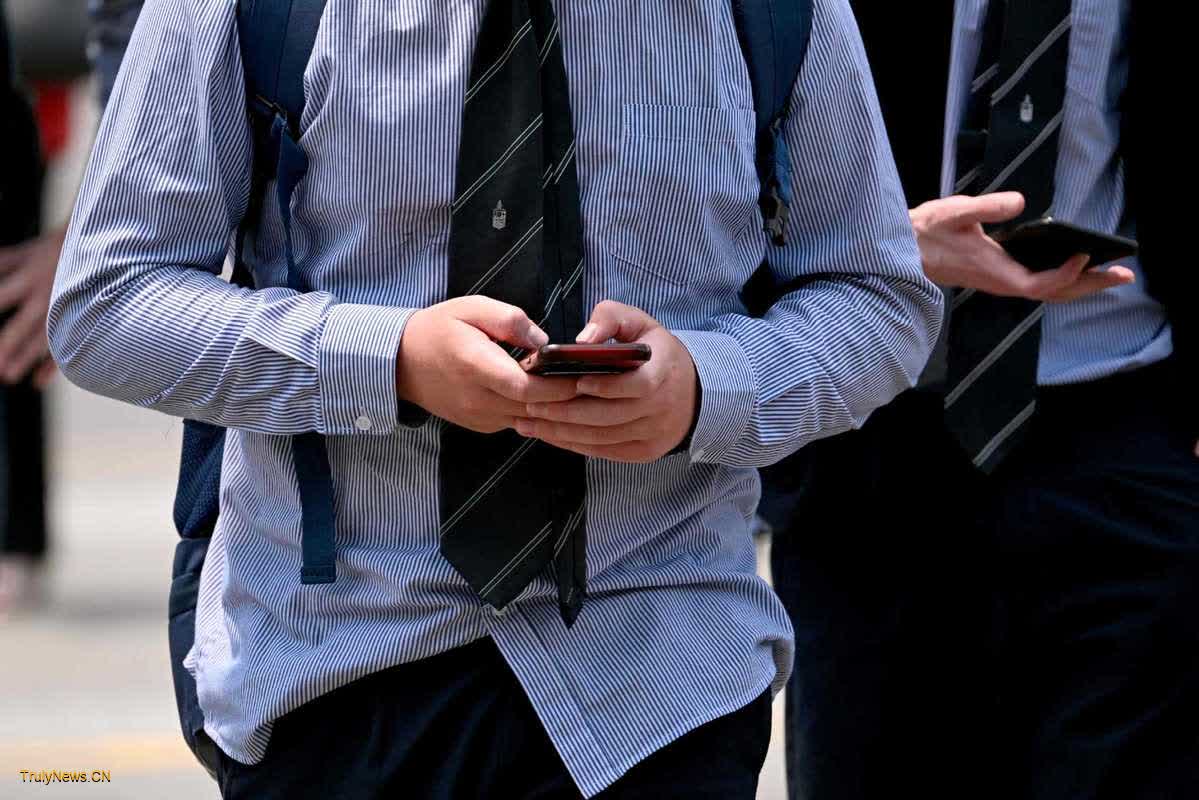Australia is set to completely ban access to social media for under-16s. The drastic move was passed in a bill at the end of November and would be a world first for the nation of 3.3 million young people, splitting expert opinion across the board.
While many agree that social media can be harmful to the development of young people, a legally enforceable ban leaves many unsure of the consequences.
Receiving popular support from the Australian public, it is easy to see why such an emotive issue gained traction, as concerns over mental health and addiction grow in the face of increasingly unrestricted online content.
The new law, which will come into force in around 12 months, will leave social media companies liable to a fine of AU$50 million ($32.54 million) if they fail to take reasonable steps to prevent under-16s from accessing content. Parents and children will not be targeted under the bill.
Likewise, gaming platforms and video sharing websites such as You-Tube will not be subject to the ban as they often do not require users to create profiles with personal information. It is unclear how harmful or mature content on these websites with large young audiences will be regulated.
Some academics and think tanks feel that such a widespread total ban could potentially do more harm than good. Teenagers are resourceful, and by nature are programmed to circumnavigate authoritarian bans, which could do more harm than good.
A prohibition on social media could drive young people towards more insidious parts of the internet such as the dark web, putting them at risk while also at the same time leaving the less rebellious feeling more isolated than ever.
Instead, it should be the responsibilities of big tech companies to regulate social media in a manner which is safe, measured and beneficial to young people without penalizing them.
Age appropriate content is being introduced by most major social media platforms, with Instagram this year releasing a new range of safety features for minors.
Some have suggested that a blanket ban could potentially place Australian teenagers at a disadvantage on the international stage, likening the move to mandatory military service in how it could isolate and delay the development of an entire generation.
Attempts to ban social media in other parts of the world have resulted in resistance from not only child-rights groups, but also freedom of speech proponents. In Florida, in the United States, activists claim that social media is vital in facilitating public discourse relevant to young people.
Sharing news and opinions are an integral part of growing up. Teenagers can discover passions and social causes, connecting with like-minded people in a way impossible just two decades earlier. Technology firms should work with government regulatory bodies to provide a safe environment for this process to take place instead.
The ban in Australia comes at a time when the government is involved in a bitter dispute with Elon Musk regarding unrestricted and harmful social media content for minors. Musk himself labeled the ban as “a backdoor way to control access to the Internet by all Australians”.
Australia’s grip on social media has been slowly tightening for years, being the first country to introduce a royalty initiative in which social media companies must pay media outlets for sharing their content. The government is also considering fines to platforms that fail to regulate scams taking place on their apps.
The rapid and unregulated early explosion of social media use in recent years has led to an uncertain future, raising questions on how best to balance the benefits of the technology with the effective safeguarding of young people.
Current regulations in the US and European Union require parental consent for minors to access social media, however, these can sometimes be easily circumvented. An introduction of biometric technology and stricter age verification measures are currently being developed, which is an avenue other countries are more likely to go down.
Many around the world will be looking toward Australia as a long term experiment, the results of which may not be evident for a long time.
A recent series of strong-handed policies and clashes with big tech CEOs have led the Australian government to this point, with a complete ban unlikely to be adopted by other countries until the effects of the new law provide clear answers in years to come.
